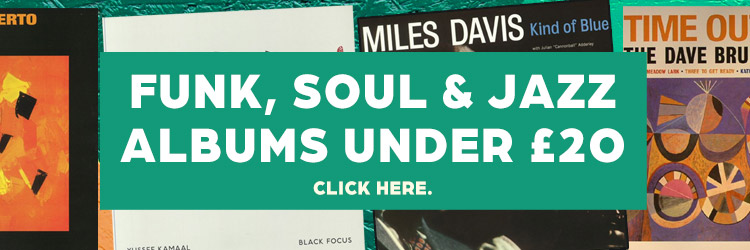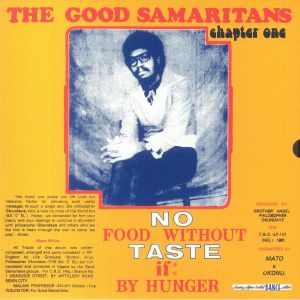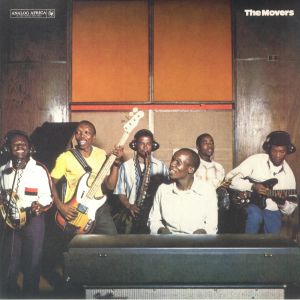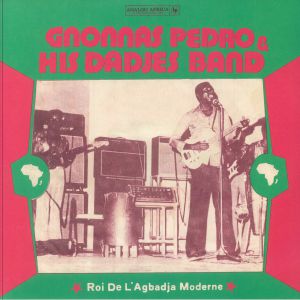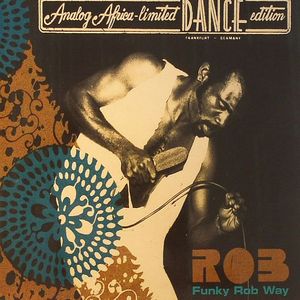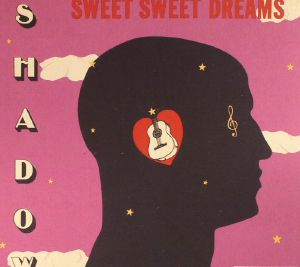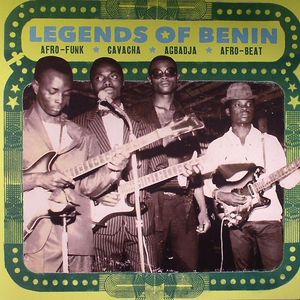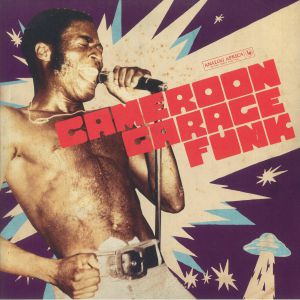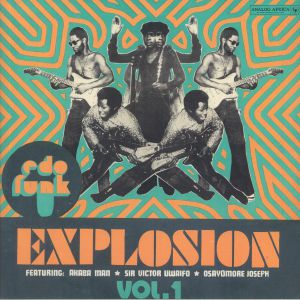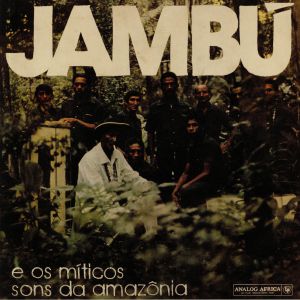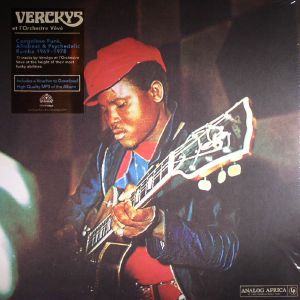Back catalogue: Funk
Juno's full catalogue of Funk
Álbumes
No Food Without Taste If By Hunger (remastered) (limited 180 gram orange vinyl LP + MP3 download code in screen-printed sleeve)
Cat: AADE 020. Rel: 03 Mar 23
Review: No Food Without Taste If By Hunger is the 20th compilation in Analog Africa's Limited Dance Edition series and it also happens to be a mega-rare classic from the world of Edo funk. The Good Samaritans from Benin City, Nigeria released a very small run of the original in 1982. It is an infectious album of hypnotic basslines layered up with trance-like grooves trippy psychedelic guitars that make for an utterly unique kind of funk music. Newly mastered, pressed to 180g vinyl with a silk screen printed cover, and limited to just 2000 copies, this is a rare chance to own such a landmark album.
… Read more in stock $31.00
The Movers Vol 1: 1970-1976 (gatefold 180 gram vinyl LP)
Cat: AALP 095. Rel: 05 Aug 22
Review: Initially discovered by the label via cassette tapes picked up in Jo'burg's Kohinoor store back in 1995, The Movers feature on the 35th in Germany's Analog Africa's series of band spotlights. As its title suggests, this captures the band's work across the lion's share of the 70s, and tracks like 'Hot Coffee' and '2nd Avenue' are irresistibly, instantly groovy, but also a fascinating sonic crossroads where African jit music meets the funk and soul of the US and the funkier end of the guitar music coming out of the UK and Europe at the same time. All executed In the most natural, free flowing, as well, which makes this package even harder to resist.
… Read more in stock $29.59
Roi De L'Agbadja Moderne 1974-1983 (gatefold 2xLP + booklet + MP3 download code)
Cat: AALP 100. Rel: 06 Feb 25
Review: Analog Africa is back with a dedicated project celebrating Gnonnas Pedro, the king of Modern Agbadja, and they press it up on a marvellous double album that includes an eight-page booklet with a ton of extra info. This bumper pack features 16 of Pedro's best works, all of which captivated Africa at the time. His vibrant blend of Agbadja, Cuban fon, jerk, highlife and more unique styles, all of which come with vocals sung in Fon, Mina, Yoruba, French, English and Spanish, add up to one hell of a rich sound. A great testament to the artist's extraordinary legacy.
… Read more in stock $30.15
in stock $15.50
Review: Famously, Shadow's Sweet Sweet Dreams album was panned by critics when it first appeared way back in 1984. In the years since, it has attained cult status, with collectors of Trinidadian music particularly enjoying its curious blend of bustling boogie electronics, Soca rhythms, traditional instrumentation and sassy disco-pop style. As this tasty reissue proves, the album has lost none of its lustre over the last 30 years. Put simply, it still sounds ahead of its time, with intergalactic dancefloor workouts such as "Let's Make It Up" (with its "we're gonna have a party" refrain) and "Way Way Out" resonating particularly loudly.
… Read moreIntérprete: Charles Maurice
in stock $18.88
in stock $30.42
VARIOUS
Cameroon Garage Funk (gatefold 2xLP + booklet + MP3 download code)
Cat: AALP 092. Rel: 03 Sep 21
Review: We are extremely proud to announce our 32nd compilation from the Analog Africa regular serie, "Cameroon Garage Funk", highlighting Yaounde's 1970's underground music scene. The quest to assemble the puzzle-pieces of what seemed to be a long lost underground scene took us to Camroon, Benin and further on to Togo and it was in the cities of Cotonou, Lome? and Sotouboua that we managed to lay our hands on most of the songs presented in this compilation. Since there were no local labels, no producers, and almost nothing in way of infrastructure in Cameroon at that time, the artists had to be everything: musician, producer, executive producer, arranger, financier, promoter and sometimes even distributor. The sixteen tracks on Cameroon Garage Funk pulse with raw inspiration and sweat DYI mood uniting the featured diverse musicians around their willingness to do everything themselves in order to take a chance in the music scene.
… Read more in stock $31.00
VARIOUS
Edo Funk Explosion Vol 1 (gatefold 2xLP + booklet + MP3 download code)
Cat: AALP 091. Rel: 26 Mar 21
Review: Analog Africa have put together their 31st compilation here, and it's another essential, well curated overview of a fantastic funk sound, focussing on the genre's greatest originators, namely Osayomore Joseph, Akaba Man and Sir Victor Uwaifo. All of these artists' primary skill was to strip down funk down to its core essence and use it as a foundation to rebuild their own unique interpretations. Each one is imbued with the spirit of the Edo culture and all 12 cuts here pulse with driving rhythm and raw musicianship, bright keys and tripped-out guitars that bring the funk in utterly fresh and thrilling ways.
… Read more in stock $27.34
VARIOUS
Jambu E Os Miticos Sons Da Amazonia (gatefold 2xLP + MP3 download code + 24 page booklet)
Cat: AALP 088. Rel: 21 Jun 19
Review: Analog Africa's latest must-have release focuses on the little-known musical culture of the Para state on Northern Brazil, and specifically the port city of Belem. Since the 1960s the city's musicians have been serving up unique and exciting new styles that draw as much on West African, Cuban and Caribbean music as they do the rhythms and instrumentation of the Amazonian tribes based nearby. It's these kinds of unique and exuberant fusions - think heavy bass, bouncy ska-style rhythms, punchy Afro-Cuban horns, densely layered drums, celebratory vocals and tropical guitars - that make "Jambu E Os Miticos Sons Da Amazonia" such an essential listen. Context is provided via the included 24-page booklet, whose extensive liner notes track the development of Para's unique musical culture.
… Read more! low stock $27.62
Congolese Funk Afro Beat & Psychedelic Rumba 1969-1978 (gatefold 2xLP + MP3 download code)
Cat: AALP 077. Rel: 01 Dec 14
in stock $39.17

 USD
USD





